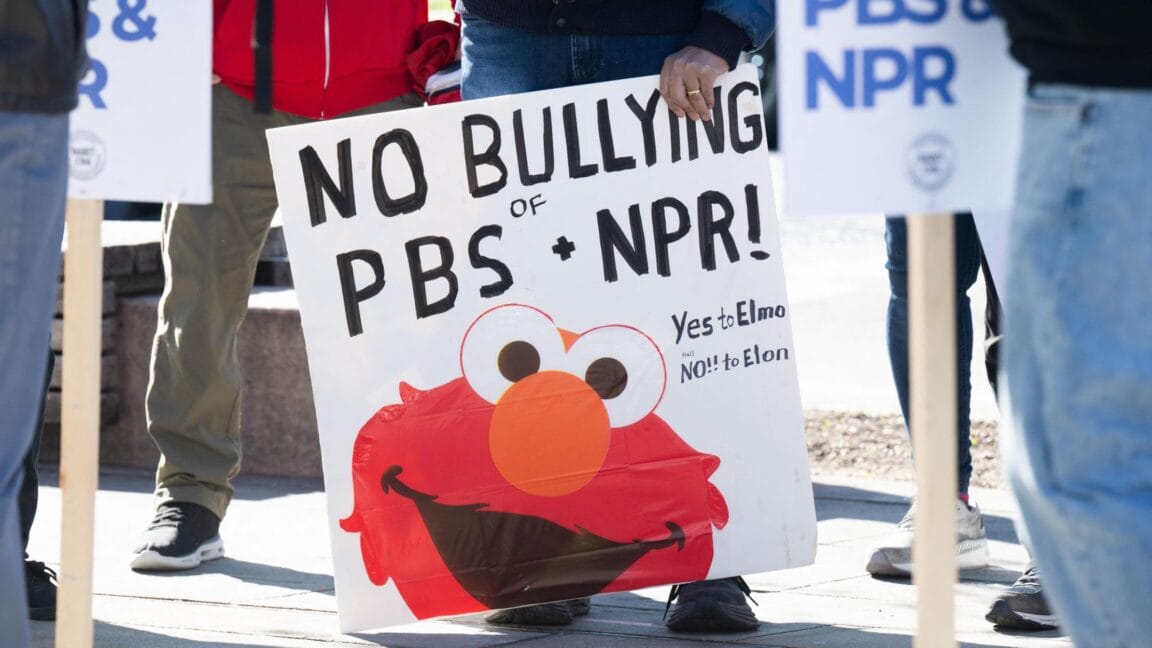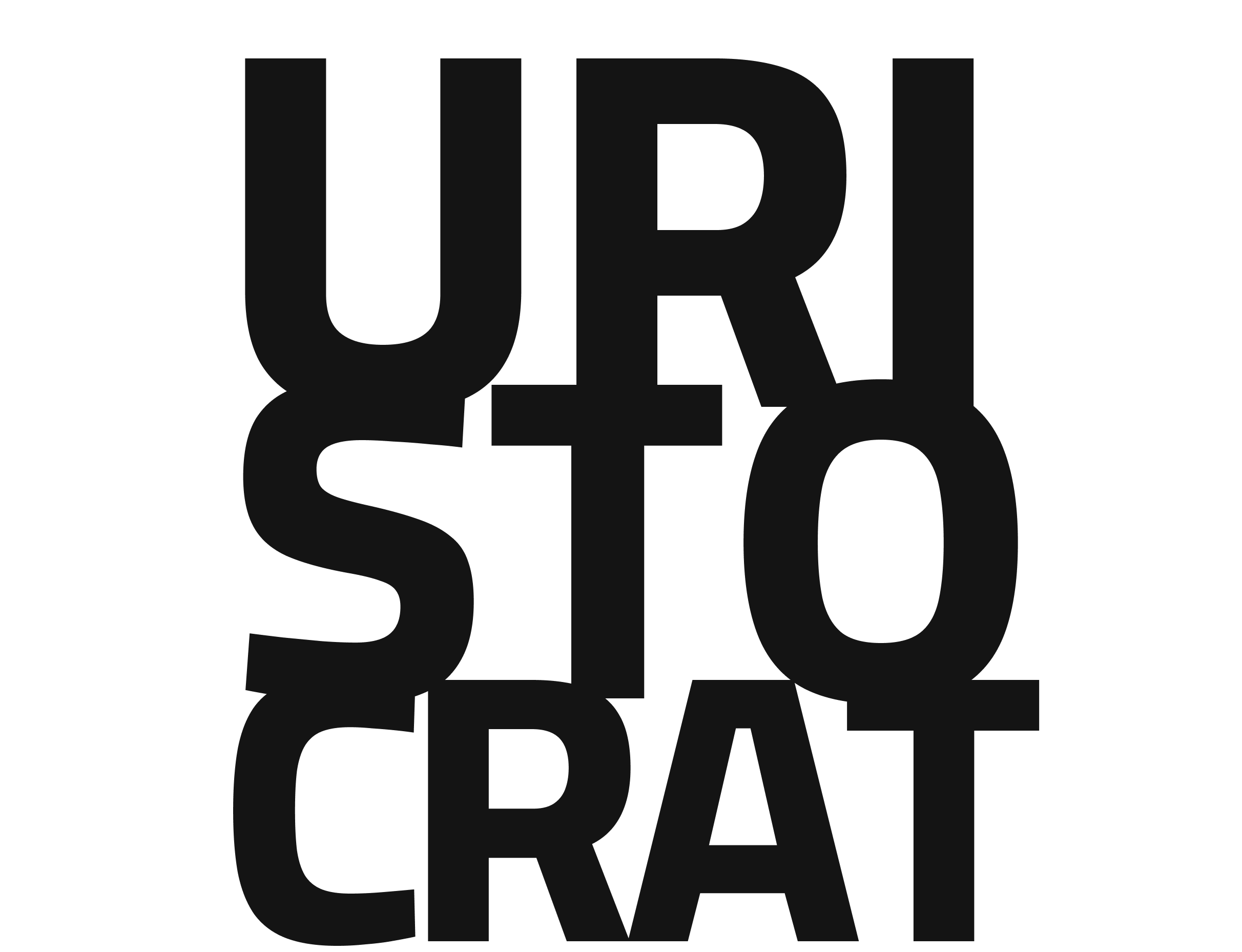Senate Eliminates $1.1 Billion in Public Broadcasting Funding Through 2027

The US Senate voted 51-48 on Thursday to eliminate federal funding for public broadcasting, removing $1.1 billion previously allocated to the Corporation for Public Broadcasting (CPB) for fiscal years 2026 and 2027.
The vote followed party lines, with all 51 Republican senators supporting the cuts and Democrats opposing. Two Republicans broke ranks: Susan Collins of Maine and Lisa Murkowski of Alaska joined Democrats in voting against the measure.
The cuts target the CPB, the publicly funded nonprofit that distributes federal dollars to approximately 1,500 local public radio and television stations nationwide, including those affiliated with NPR and PBS. The eliminated funding includes $60 million specifically designated for upgrading public broadcasting infrastructure and interconnection systems.
For urban millennials who grew up with PBS programming and rely on NPR for news commutes, this represents a significant shift in the media landscape. The funding elimination will disproportionately affect smaller stations, particularly in rural areas, where federal support often comprises 40-70% of operating budgets.
CPB CEO Patricia Harrison warned that the cuts will force many local stations to shut down permanently. "Without federal funding, many local public radio and television stations will be forced to shut down. Parents will have fewer high-quality learning resources available for their children," Harrison stated.
The measure was part of a broader $9.4 billion rescissions package that also eliminated funding for international aid programs. President Trump had threatened to withhold endorsements from any Republican who voted against the cuts, specifically targeting NPR and PBS as "worse than CNN & MSNBC put together."
The legislation now returns to the House for final passage, with a Friday deadline for congressional action. The House previously approved the cuts in June.
Rural and Native American communities face the most severe impact, with 59 tribal radio stations at risk of going dark. These stations serve as the primary source of emergency alerts, weather information, and local news for isolated populations.
The funding cuts take effect starting October 2025, giving stations minimal time to secure alternative revenue sources. While larger urban stations may survive through donor support and corporate sponsorships, the public media ecosystem will contract significantly, reducing programming diversity and local news coverage nationwide.




